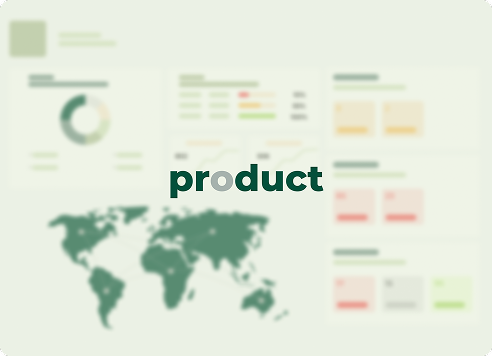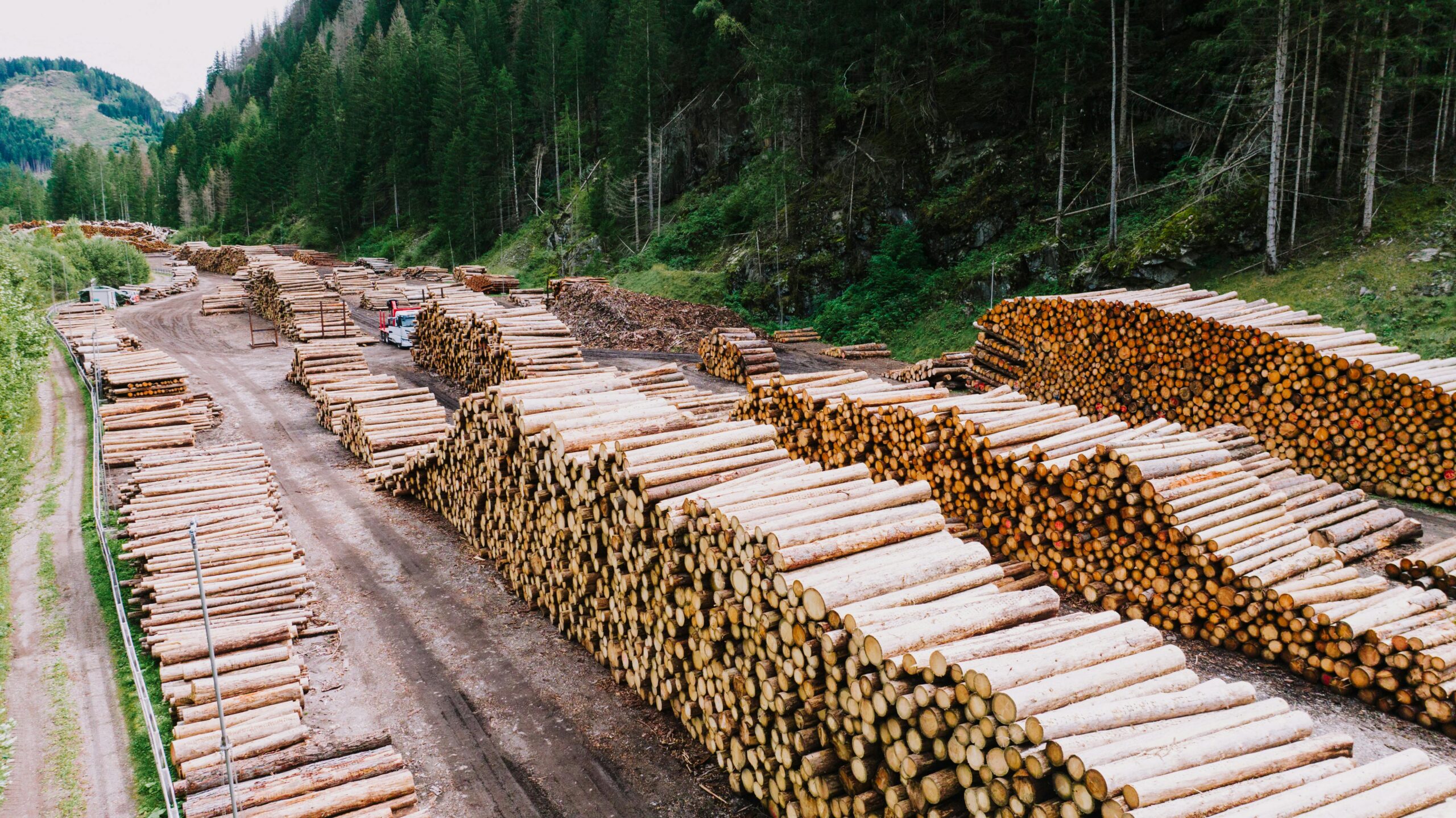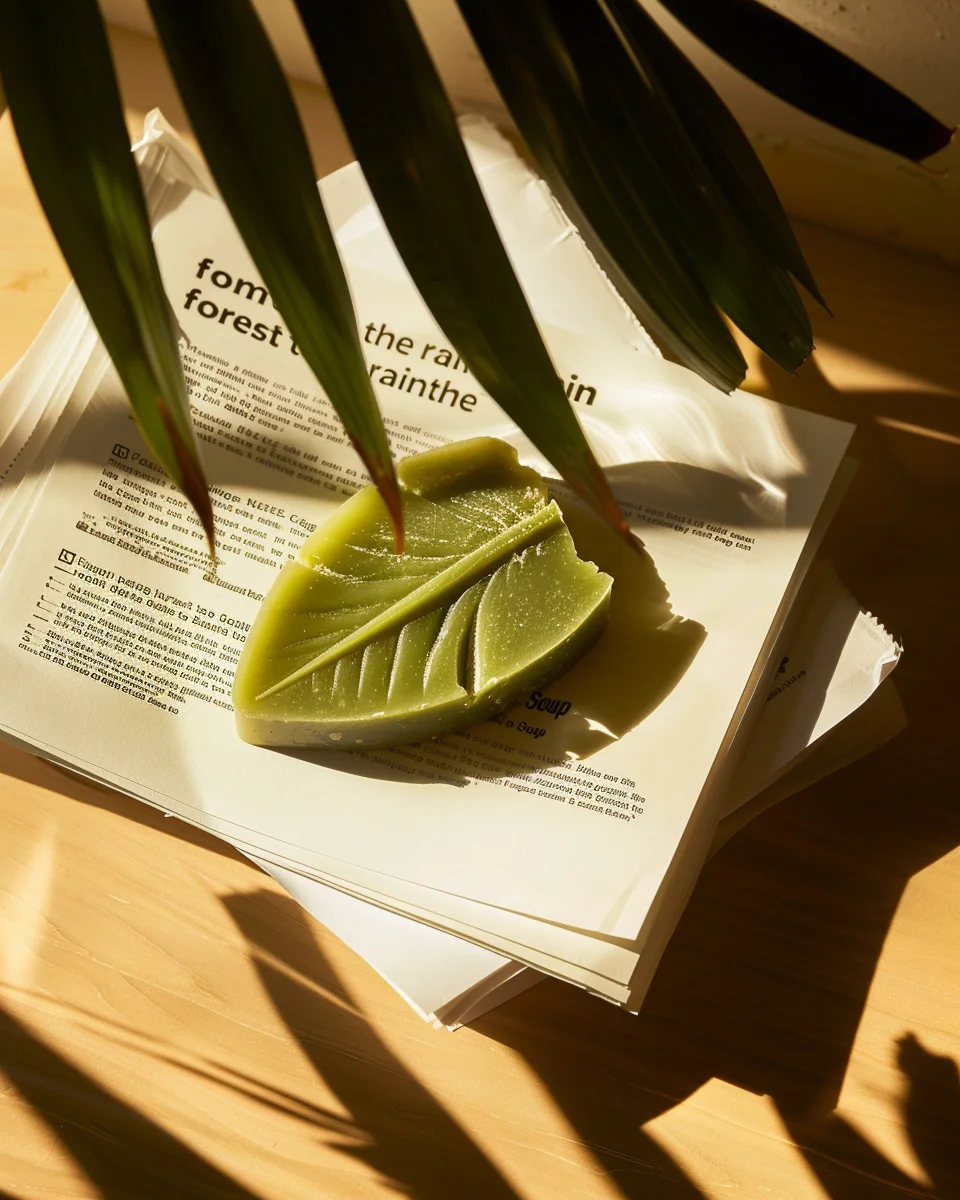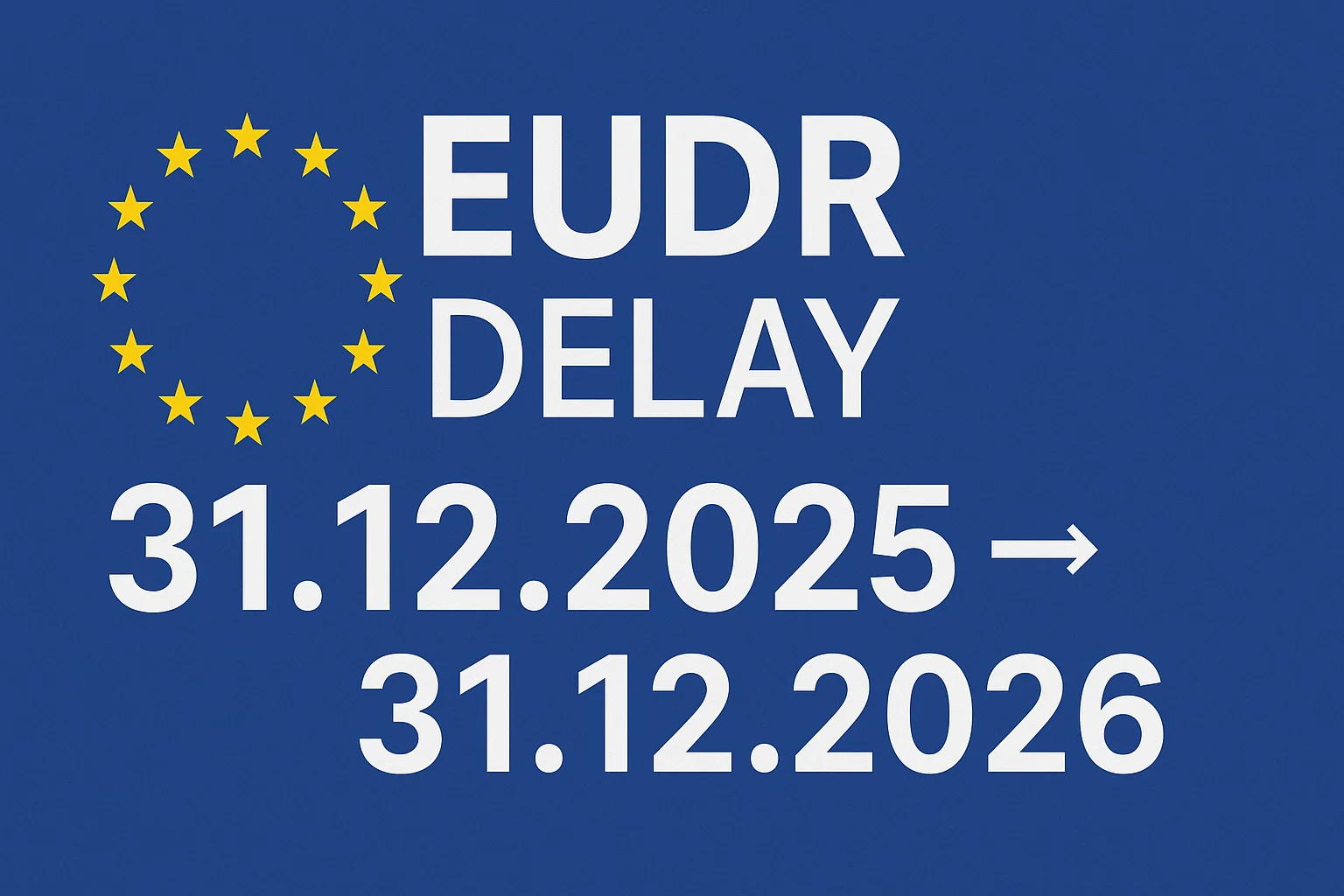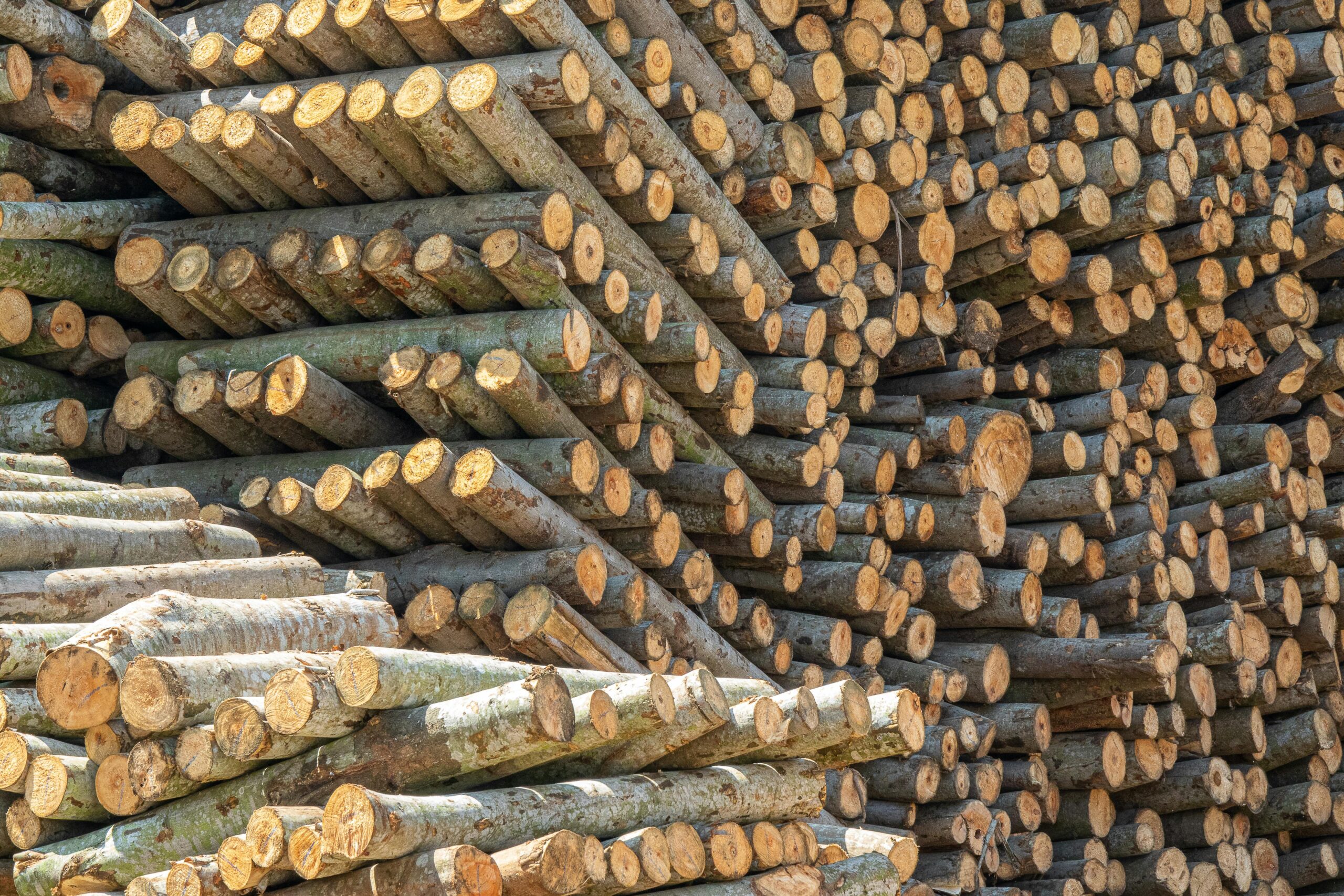Since the release of Sven Philipsen’s blog post “Understanding the EU’s Deforestation Regulation (EUDR)” on June 29, 2024, the EU has made several significant updates to the legislation. In the coming weeks, I will take a closer look at the changes that have been implemented and what they mean for businesses affected by the regulation.
EUDR – A short introduction
As mentioned, in a previous blog post, the EU’s Deforestation Regulation (EUDR) is an important milestone in protecting the world’s forests and combat deforestation and forest degradation. The regulation requires businesses to ensure that the raw materials they trade in are legally and sustainably sourced. The raw materials the EU seeks to ensure are sourced legally and sustainably include coffee, cocoa, soy, palm oil, cattle, plantation wood fiber, and plantation rubber.
On December 6, 2022, the EUDR was adopted by the EU, and the regulation will come into force at the end of 2025. Deforestation is one of the biggest causes of climate change and biodiversity loss—two of today’s most urgent environmental challenges.
Scope – Is your business covered by the EUDR?
The EU regulation defines which businesses are covered as follows: “If your company imports, produces, or sells a product based on any of the seven mentioned raw materials – cattle, palm oil, soy, cocoa, plantation rubber, coffee, and plantation wood fiber – you are covered by the EUDR.” If you would like to read more about why these seven raw materials were selected, you can find additional information in our previous blog post.
EUDR – A Regulatory Primer
Regardless of whether your business is an operator or a trader in the supply chain, due diligence must be conducted on the relevant products. The regulation distinguishes between two roles in the supply chain:
- Operator: An operator is a natural or legal person who either places relevant products on the EU market (including imports) or exports them from the EU as part of a commercial activity. If a company processes a product into another, such as transforming cocoa butter into chocolate, it is also considered an operator.
- Trader: A trader is any actor in the supply chain who is not an operator but makes the relevant products available on the market. This includes retailers and supermarkets that sell the products without having imported or produced them themselves.
New additions regarding scope
Since our last update, there have been five significant changes to the scope of the EUDR that all businesses should be aware of:
- 2.6 EUDR and packaging
The regulation now distinguishes between packaging used to protect or transport a product and packaging marketed as a standalone product. The latter now requires due diligence, as packaging is now subject to the regulation’s requirements.
- 2.7 Trading with used products
Trade with used products that have been disposed as waste under the EU’s Waste Directive will fall outside the scope of the EUDR. This only applies to products that no longer have commercial value and are thus classified as waste.
- 2.10 Clarification of delivery
The regulation clarifies that “delivery” of a relevant product (the seven raw materials) not only includes sales but also situations where the product is given away as a sample or used for processing. If a company processes a product—for example, turning cocoa beans into chocolate—it is also required to comply with the EUDR for the final product. This clarification impacts both due diligence requirements and the identification of operators and traders.
- 2.11 Repeated processing
If a product undergoes multiple processing stages within a company, only the final delivery triggers due diligence and reporting requirements. This change simplifies the obligations for businesses involved in multiple processing steps.
- 2.12 Bamboo and other products
Products made solely from bamboo are not covered by the EUDR, as bamboo is not considered “wood” according to the FAO’s definitions. The regulation applies only to products that contain or are made from the specifically mentioned raw materials, such as wood, palm oil, or cocoa.
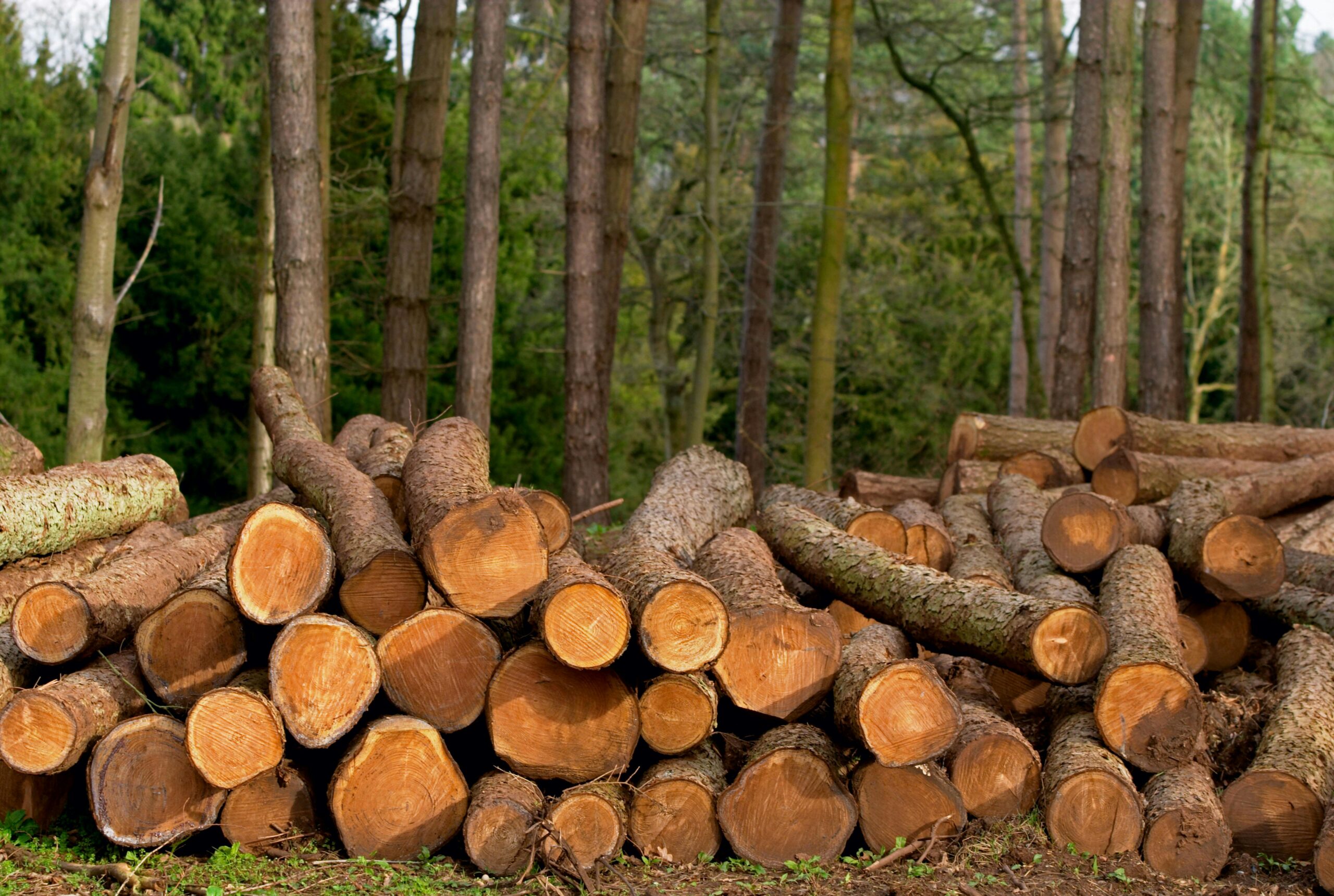
Stay updated with prduct.com
With the latest additions to the EUDR’s scope, it is clear that the regulation not only impacts businesses that directly trade in the seven specific raw materials. It also applies to several actors in the supply chain – including those involved in processing, packaging, or trading used products. It is crucial for all EU-based businesses to understand these changes and implement the necessary due diligence processes to ensure compliance.
The EUDR is complex, and the numerous requirements can feel overwhelming. Therefore, it is recommended that companies seek advice and stay updated in order to navigate the details of the regulation correctly. Prduct.com offers a solution that simplifies working with EUDR compliance. We help you keep track of your HS codes and ensure your compliance through automated and reliable data processing. In short: we collect your data, conduct risk assessments across your entire supply chain, and assist in minimizing the identified risks.
